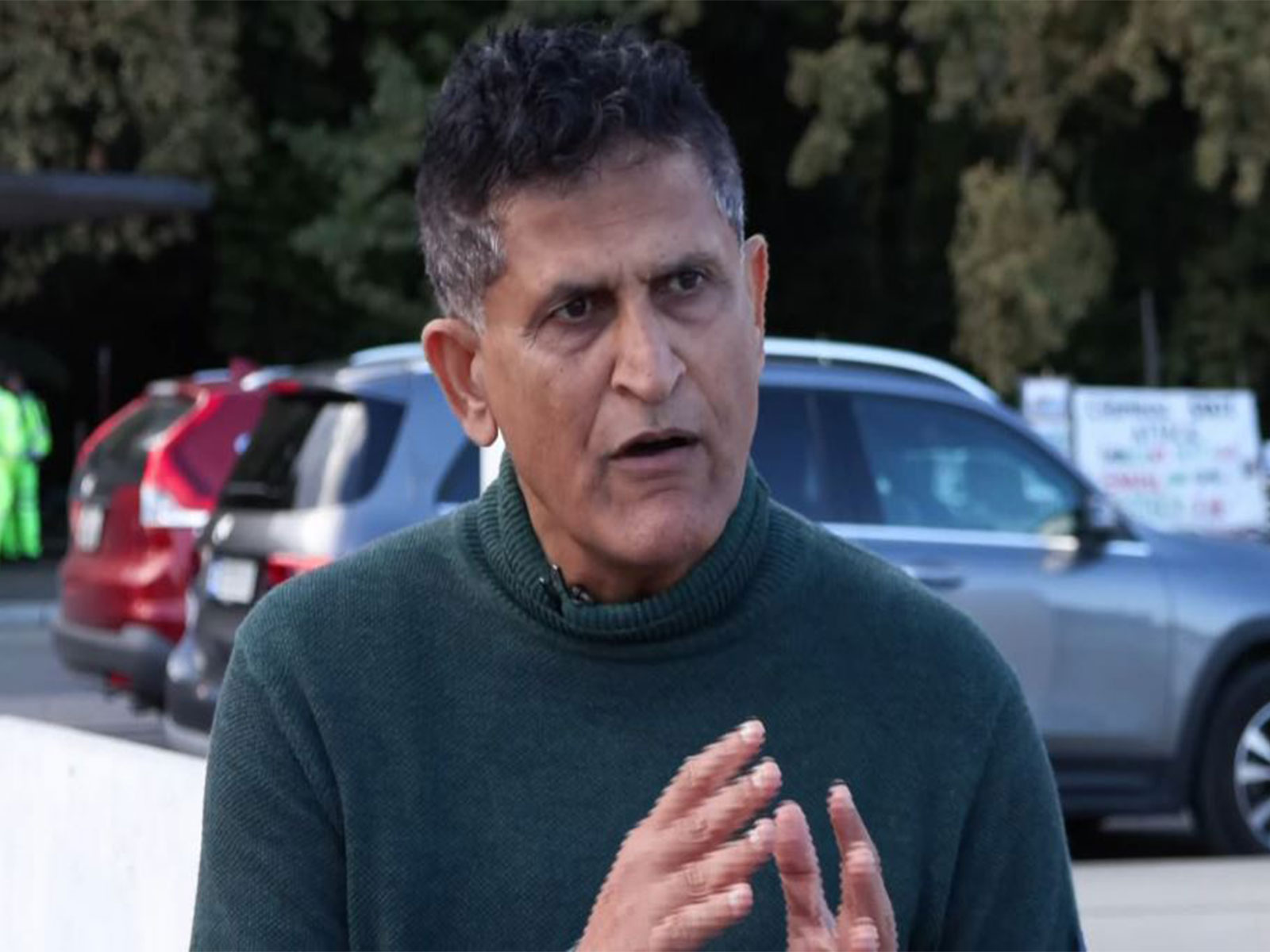Echoes of Defiance: Balochistan's Unseen Struggle
In an exclusive to ANI, Baloch journalist Bilal Baloch highlights severe unrest in Balochistan, alleging state repression and lack of law enforcement. He claims widespread resentment against Pakistan, citing enforced disappearances and media censorship, while underscoring the resilient spirit of the Baloch identity amidst dire circumstances.

- Country:
- Switzerland
Baloch journalist Bilal Baloch delivered a stark portrayal of the crisis in Balochistan during an exclusive interview with ANI on the sidelines of the United Nations Human Rights Council's 60th session. He alleged that the reality in Balochistan is far bleaker than publicly known, with Pakistani law enforcement almost absent and Baloch freedom fighters controlling the region through intelligence efforts, frequently targeting state figures and military personnel. Baloch emphasized a deep-seated resentment towards the Pakistani establishment, rooted in historical grievances like the 2006 assassination of Nawab Akbar Bugti, noting that a referendum today would likely see 99% reject Pakistan.
Baloch further criticized the suppression tactics employed by the state, highlighting frequent shutdowns of internet and mobile services aimed at stifling information flow. He argued that traditional media has been silenced, leaving social media as the last resort for news, which has also come under severe crackdown. He accused the current government and military, led by Shehbaz Sharif and Army Chief Asim Munir, of being complicit in enforced disappearances, with ongoing protests by families of missing persons in Islamabad being met with harsh responses. The harrowing predicament of activist Maram Baloch, reportedly assaulted by authorities, was cited as a poignant example.
Condemning what he termed "Punjabi hegemony," Baloch accused Punjab-centric institutions of marginalizing Baloch, Sindhi, and Pashtun voices, drawing comparisons with the mistreatment of Bengalis pre-1971. He criticized Pakistan's reliance on religion and foreign alliances, asserting that despite its Islamic leadership claims, the nation stands isolated in conflicts. Yet, Baloch stressed the unyielding nature of Baloch culture and identity, declaring their endurance amidst systemic adversities. "The world must understand, guns, propaganda, or foreign powers cannot erase us. We are a nation, and we will endure," he stated.
(With inputs from agencies.)










